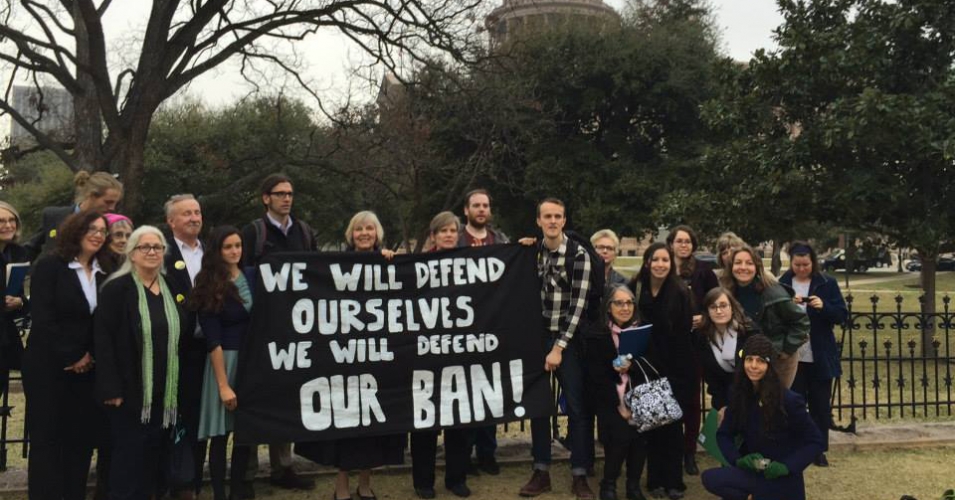Last week, Ed Rendell, the governor of Pennsylvania, despite 58% opposition by his constituents transferred control of the 497 mile Pennsylvania Turnpike to a Spanish consortium, Abertis. Rendell is not the first governor to trade off common property to private firms but the $12.5B, 75 year lease is considered the largest privatization deal in US history.
Our transportation infrastructure like the rest of our nation’s infrastructure including the electrical grid is vital to our economy. A healthy economy depends upon maintaining that infrastructure but is placing that responsibility into the hands of for profit private enterprises the way to meet increasing costs? Privatizing electricity production, another essential service, has not resulted in higher efficiencies or lower costs to the consumer, quite the contrary, and toll road privatization isn’t likely to either.
As with privatized electricity production the push for transportation privatization has not come from the public but from private equity firms and investment banks. Goldman Sachs netted $9M in a similar $1.8B deal for Chicago’s Skyway.
In Indiana, another deal leased 125 miles of public roadway to a private firm for less than $4B while a Notre Dame study concluded that the value to the state should have been closer to $12B over the life of the lease. Goldman Sachs netted a $20M advisory fee in its role as the state’s financial advisor.
Abertis plans an immediate 25% rate increase for using the Pennsylvania Turnpike while trucking associations say fuel taxes provide a fair and more efficient mechanism to fund infrastructure needs. Either way, many truckers already feeling the pinch of higher gas prices are not excited about the transfer.
Included in some of these privatization deals are non competition clauses precluding the states from expanding existing roadways that might divert traffic to free routes. Further, lobbyists working on behalf of private infrastructure firms pressure states to enforce collection of tolls by legislating laws denying vehicle registration placing additional administrative burdens on the state.
The privatization of essential services is a tricky business for the average citizen. Prisons are run by private management companies, welfare offices, social security offices and even state lotteries are being leased to private firms. Our troops have had many of their own jobs taken away from them only to have them handed out to less skilled but higher paid private workers.
US roadways are seen as a plum money making opportunity to firms like Goldman Sachs and states see leasing these roadways as the only way to meet increasing maintenance costs without raising taxes or tolls. Nevertheless, the first thing Abertis will do in Pennsylvania is raise tolls.
During a transportation committee hearing in 2006 regarding the Indiana Toll Road, Congressman Peter DeFazio angrily asked, “Are we outsourcing political will to a private entity here?” Clearly, the taxpayer or the traveler or the trucker is going to pay one way or the other.
Additionally, with more and more foreign firms investing in our infrastructure not only are more of assets being controlled outside the country but our dollars are being exported instead of held locally. For a country so bent on national security privatizing our infrastructure has to be a colossal mistake by placing profit over security.
Recently, Daniel Ortega, president of Nicaragua threatened to nationalize its energy production. “Nicaragua’s government accuses Fenosa of breaching its concession agreement by failing to invest enough to improve infrastructure in the energy-starved country.â€
Allowing profit to dictate delivery of essential services is not in the best interests of the public. Orange County had to buy back two HOT (high occupancy toll) lanes from a private management firm just so they could expand adjacent roads in the interests of public safety and quality of life.
Many studies have shown that the reported efficiencies of private held management companies over public entities simply do not exist. Rand Corporation did a study determining that there was no improvement in children’s test scores from public to private schools. Public utilities have proven to be more efficient and less costly to the ratepayer than investor owned utilities.
While state owned enterprises can be mismanaged as well, in the matter of essential services such as health care, transportation, energy and education profit should not be a motivation in providing these services. Selling our public assets to foreign companies may be a little like pirating or highway robbery.


